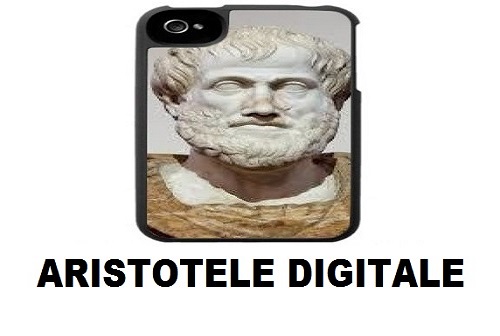Without any doubts, there has been in some time and in some place someone who tried to represent something by posing the problem of how much the representation actually corresponded to the thing represented. At first, that representing was only a way to understand, to be closer to the thing, an attempt to go to the thing itself. In short, it was a more than legitimate, or even human, drive.
Undoubtedly, it was a way to be in the world and perhaps also to take over the world, making his/her own the thing through its representation. Eventually, there was a time and a place in which someone considered the problem of making sure that the representation was as similar as possible to the thing represented, we would say to the original version. The question of correspondence, of mimesis and, ultimately, of the word perfection emerged strongly.
At that moment, I think the word perfection has became very significant. Before it signaled what has been accomplished, perhaps doing the best possible, not necessarily alluding to a superlative condition or excellence. Then it becomes instead what is complete in itself (and this “in itself” is very significant), what is good, what is better than anything could be and, again, that perfection is what has achieved its purpose.
So, thanks to Aristotle. Something happened: metaphysics was born and at the same time the world was aimed at something else that is not the world, rather something that has only itself as its goal. Until then, if someone gave an adjective to the divine, he would have said terrible. However, since then he has started to choose the adjectives beautiful, good, perfect. Not a small step.
Even our language has found itself divided between imperfect and perfect. This is how the episteme was born, a knowledge which is certain and in this volitionally perfect.
Now we know well that the strength of language lies in its ability to conceptualize and therefore to grasp things beyond how they appear, but also in its imperfection. We know well that we cannot get out of the paradox of the liar: “If I say that I am a liar, am I saying a truth or a lie?”. We know well that the pre-Socratic Empedocles was not completely wrong in saying that the greatest perfection is imperfection and that, even if the world, the universe, nature, appear perfect to us, they must also be imperfect otherwise they would not be in the time.
Now if we interpret the digital as the result of an episteme of perfection and certainty, we continue to want a presumptuously and abstractly perfect world. If instead we consider it as it is, a producer of languages that are both humanly (better, biologically) perfect and imperfect, then – perhaps – we will find again what poetry has always told us about our own language: when we name we build worlds in the world.








